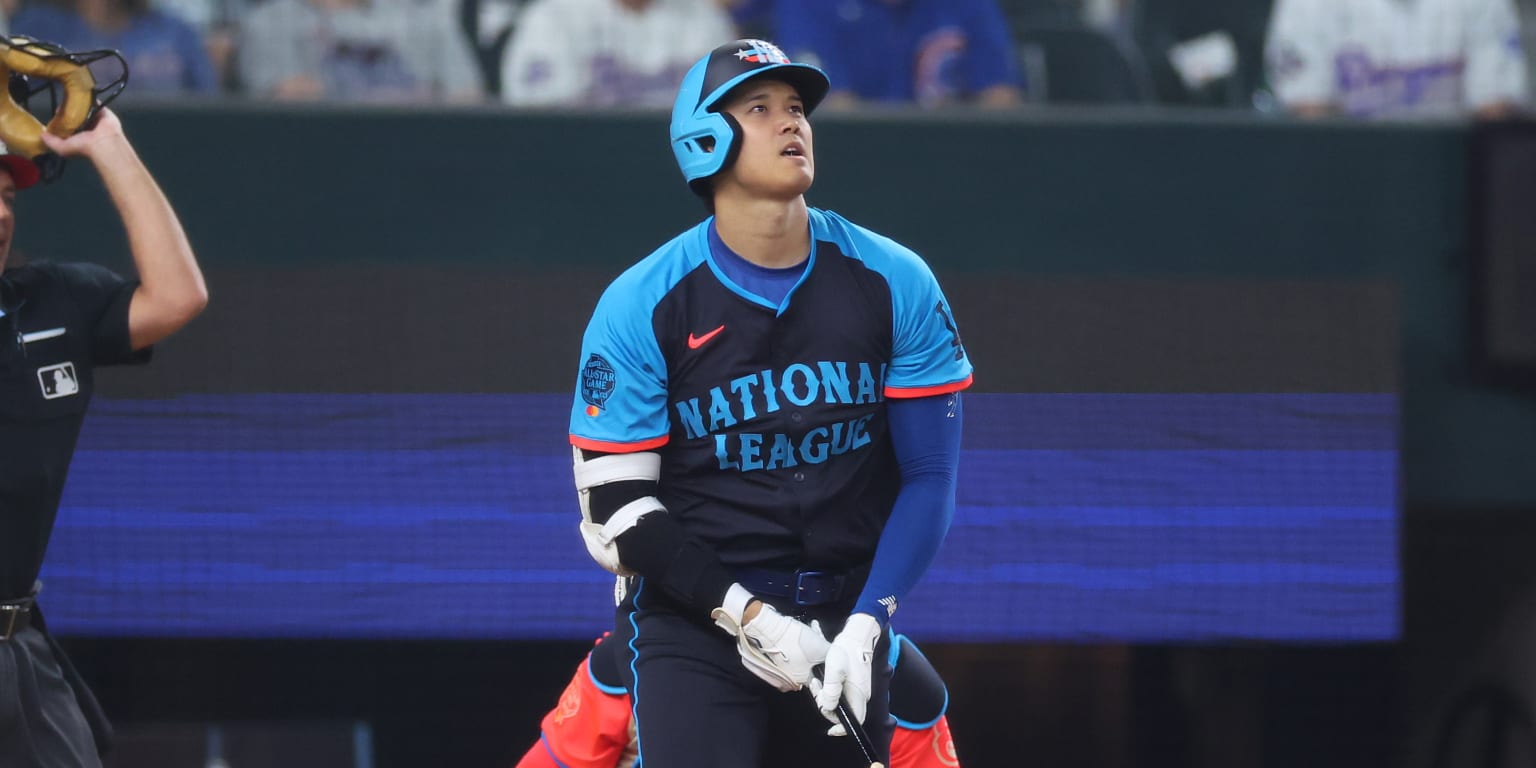Gambling
DOI Fires Back in Florida SCOTUS Online Sports Betting Case


Winslow Townson-USA TODAY Sports
- The U.S. Department of Interior submitted a brief to SCOTUS in reply to West Flagler’s writ of certiorari
- Legal representatives for the DOI believe the compact between Florida and the Seminole Tribe does not authorize statewide online sports betting
- The compact itself authorizes sports betting on tribal land, but a compact provision between the tribe and Florida allows online sports betting throughout thestate
The U.S. Department of the Interior fired back at West Flagler’s assertion that SCOTUS should examine Florida’s online sports betting activity throughout the Sunshine State.
Legal representatives for the Department of the Interior (DOI) and Secretary of the Interior Deb Haaland submitted a 31-page brief to SCOTUS late Monday afternoon in response to West Flagler’s writ of certiorari. West Flagler’s submission asserts that Florida’s gaming compact violates the Indian Gaming Regulatory Act by allowing online sports betting to occur off tribal lands.
“The court of appeals correctly upheld the Compact’s approval by operation of law, and its decision does not conflict with any decision of this Court or another court of appeals. This Court previously denied petitioners’ application for a stay of the court of appeals’ mandate raising the same contentions. The Court should similarly deny certiorari,” counsel wrote in the DOI’s brief.
Compact Does Not Authorize Statewide Online Sports Betting
West Flagler has contended that Haaland should never have been able to approve a compact that allows for gaming to take place off Indian lands. Additionally, West Flagler believes the compact violates the Unlawful Internet Gambling Enforcement Act (UIGEA), and grants a monopoly to the Seminole Tribe in violation of equal-protection principles.
Counsel for the DOI asserted that the D.C. Circuit Court’s interpretation of the gaming compact between the state and Seminole Tribe tjat authorizes online sports betting only on tribal lands and does not authorize betting located outside tribal land is correct, and consistent, with the Indian Gaming Regulatory Act (IGRA).
Thus, Haaland’s approval of the compact did not run afoul of IGRA, as the compact does not allow betting off tribal lands.
This interpretation was backed by SCOTUS Justice Brett Kavanaugh in his concurrence statement when denying West Flagler’s application for a stay, the brief authors wrote.
“As Justice Kavanaugh explained in concurring in the denial of petitioners’ stay application, the court of appeals determined that the Compact ‘authorizes the Tribe to conduct only on reservation gaming operations, and not off-reservation gaming operations’.”
So why is this important? DOI counsel noted in its response that the D.C. Circuit Court recognizes that compacts may include provisions negotiated between a state a tribe. The allowable provisions are related to the application of laws and regulations of the tribe or the state that are related to licensing and regulation of gaming, the allocation of criminal and civil jurisdiction between the state and tribes necessary for enforcement of laws and regulations, remedies for breach of contract, and “any other gaming subjects that are directly related to the operation of gaming activities.”
Counsel noted that the D.C. Circuit Court also recognized in the SCOTUS decision for Michigan v. Bay Mills that the court concluded that those provisions may address “state or tribal activity outside of Indian lands.”
“And because Congress has authorized a compact to include ‘subjects that are directly related to the operation of gaming activities,’ 25 U.S.C. 2710(d)(3)(C)(vii), a compact may include provisions addressing matters off Indian lands that are directly related to gaming activities conducted on Indian lands,” the authors wrote.
The DOI counsel argued there is no reason that a Tribal-State compact that authorizes gaming activities on Indian lands under IGRA cannot also include provisions negotiated between the tribe and state that authorizes gaming activities in the state on non-Indian lands.
“For instance, if a proposed brick-and-mortar casino would be situated on both Indian and non-Indian lands, a Tribal-State compact could authorize the portion of casino gaming activities occurring on Indian lands, even though the casino would also require the State’s independent authorization of the casino’s related gaming activities on non-Indian lands,” the authors wrote.
As for the contention that the compact violates UIGEA? DOI counsel pointed to the D.C. Circuit Court’s ruling that it does not violate UIGEA because the compact does not address whether the Seminole Tribe will accept “certain forms of payment” that could be unlawful the act.
Despite the ongoing SCOTUS case, the Seminole Tribe has continued its online and retail sports betting activities in the state.
What’s Next for Florida?
The U.S. Supreme Court will have to determine if the writ of certiorari will be accepted and the court will hear the case. The DOI submitted its response to West Flagler’s request, and the Seminole Tribe will also likely receive a chance to submit its own response.
If SCOTUS denies the petition, that would be the end of the road for West Flagler with the court. However, if it decides to accept the petition, a final ruling on Florida online sports betting would likely not come until sometime in late 2025.
Rob covers all regulatory developments in online gambling. He specializes in US sports betting news along with casino regulation news as one of the most trusted sources in the country.







:max_bytes(150000):strip_icc()/roundup-writereditor-loved-deals-tout-f5de51f85de145b2b1eb99cdb7b6cb84.jpg)



